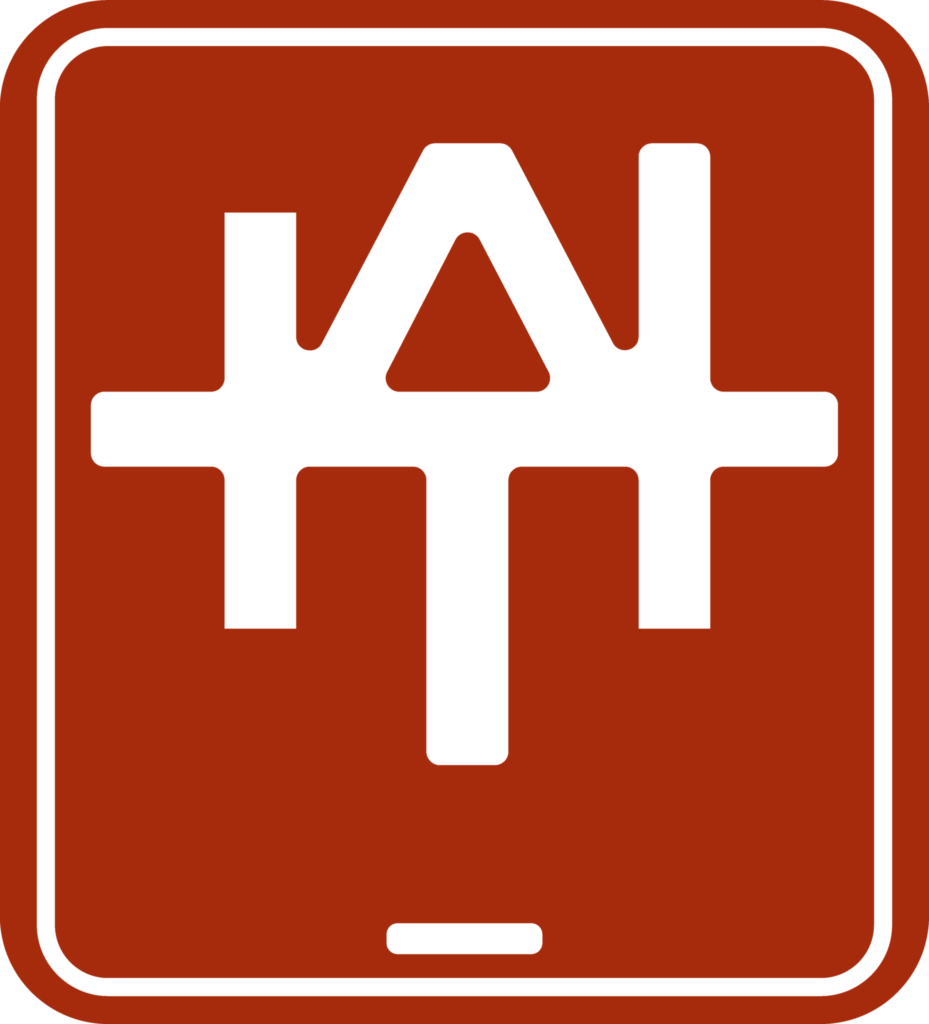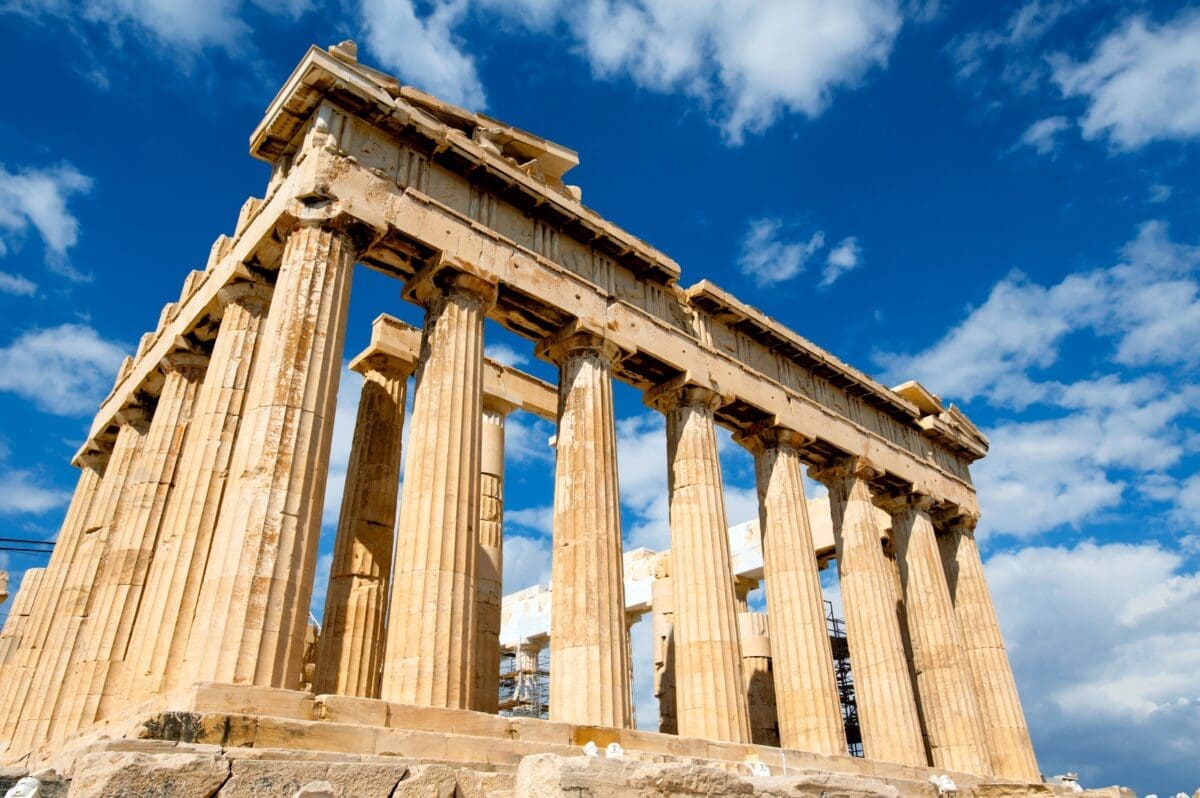The birthplace of Western civilization, Ancient Greece, has profoundly impacted our modern world. The influence of ancient Greece can be seen in all spheres of life, from politics to philosophy and literature to art. However, how did Ancient Greece begin? What led to the development of this impressive civilization? We will look at the history of ancient Greece and its origins in this article.
The Neolithic Period: Small Communities and Early Trade
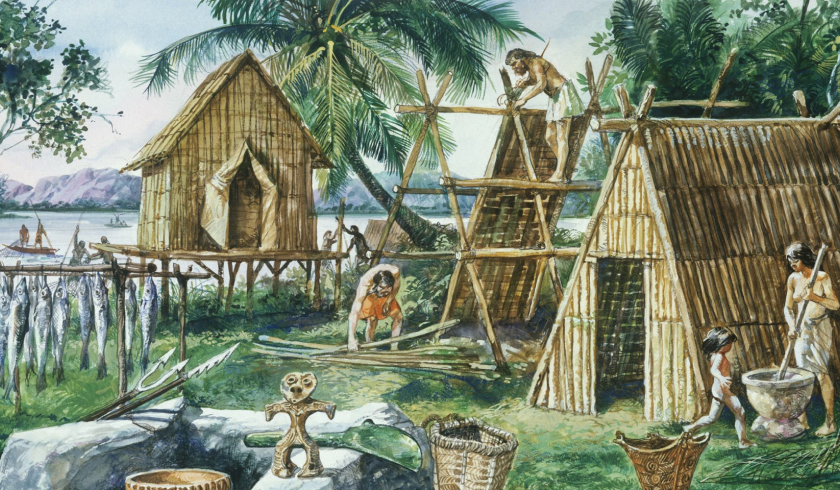
Greece’s earliest recorded civilization dates to the Neolithic era, roughly 7000 BC. At this time, most Greeks were farmers and herders who lived in modest, autonomous communities. They used essential tools of stone and bone to construct their mud-brick and thatch homes.
These communities started trading with one another over time, exchanging goods like food, clothing, and pottery. As a result, larger settlements and specialized occupations were developed along with more complex societies.
The Emergence of the Minoan Civilization on Crete
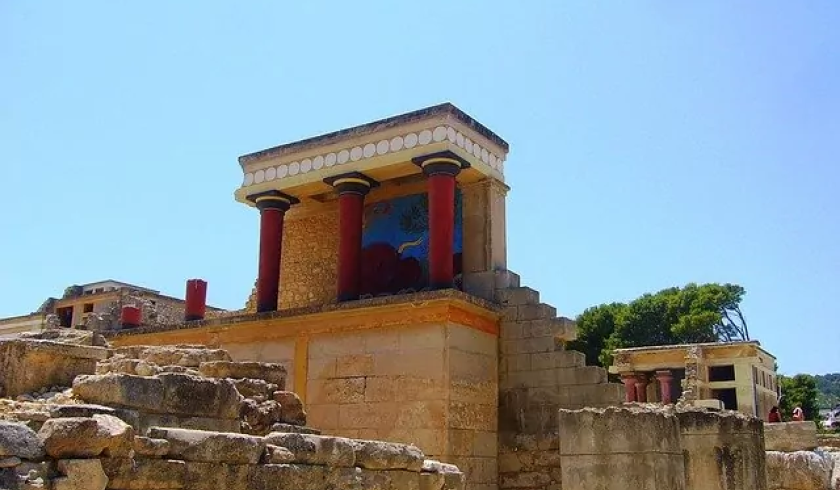
The Minoan civilization first appeared in Crete around 2000 BC. It grew up to be one of the most significant in the Mediterranean. The Minoans were adept merchants and navigators who developed writing, art, and architecture system.
Like the well-known Palace of Knossos, their palaces were enormous, intricate buildings that housed the ruling class and artisans, farmers, and traders. The Minoans were renowned for their devotion to a goddess known as the “Mistress of Animals,” which included practices like handling snakes and bulls.
Unfortunately, the Minoan civilization was wiped out around 1600 BC by a devastating volcanic eruption on the nearby island of Thera.
The Mycenaean Civilization: Warriors and Artisans
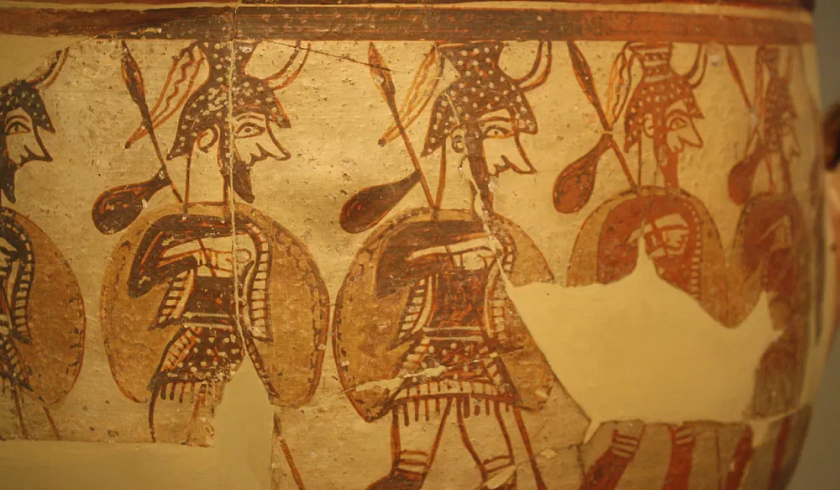
Around 1600 BC, a warrior culture known as the Mycenaeans appeared on the Greek mainland. They were renowned for their solid fortified palaces, including the well-known Lion Gate at Mycenae. The Mycenaeans were expert craftspeople who made elaborate gold jewelry, pottery, and weapons. Their religion was based on worshiping a pantheon of goddesses, such as Zeus, Hera, and Athena.
The Greek Dark Ages: Collapse and Fragmentation
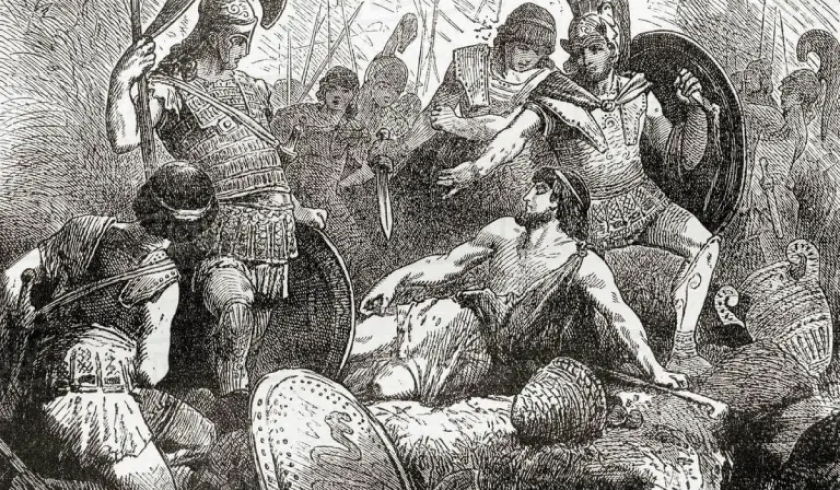
Around 1200 BC, the Mycenaean civilization was on its rise. However, a combination of factors, including invasions by foreign powers and internal unrest, ultimately led to its extinction. The Mycenaean society fell apart during this time, referred to as the Greek Dark Ages, and Greece was divided into many tiny, independent city-states.
The Greeks developed their distinct culture and identity based on shared language, history, and mythology during the Dark Ages. They also created their alphabet, which would eventually serve as the model for the current Western alphabet. They also produced literature, including Homer’s epic poems, which would have a long-lasting impact on Western literature.
The Rise of the City-States: Athens, Sparta, and Corinth
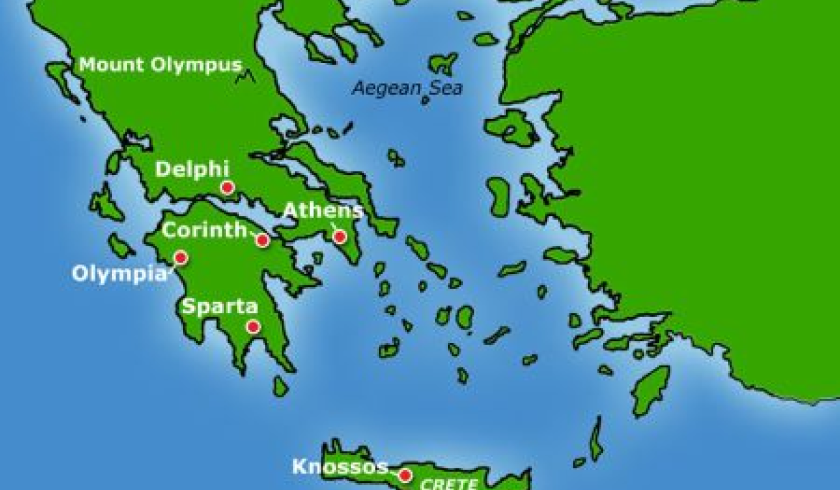
In the 8th century BC, the Greeks began to emerge from the Dark Ages and develop more complex societies. They established city-states, known as polis, independent political entities with their governments, laws, and customs. The most famous of these city-states were Athens, Sparta, and Corinth.
The Persian Wars: Uniting Against External Threats
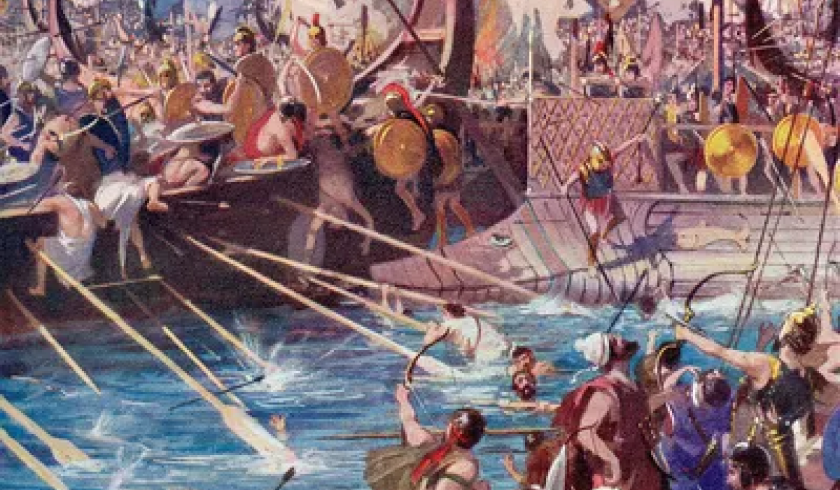
Between 492 and 449 BCE, a series of battles known as the Persian Wars took place between Greek city-states and the Achaemenid Empire of Persia. The conflicts started when Darius I, the Persian emperor, sought to extend his realm into Greece. This effort resulted in the invasion of the Greek city of Eretria and the Battle of Marathon in 490 BCE.
A coalition of city-states led by Athens and Sparta repelled the Persian forces at the Battle of Plataea in 479 BCE, proving that the Greeks could not be easily defeated. The Persian Wars brought the city-states together to face a common external threat, making them a turning point in ancient Greece’s history.
The Legacy of Ancient Greece
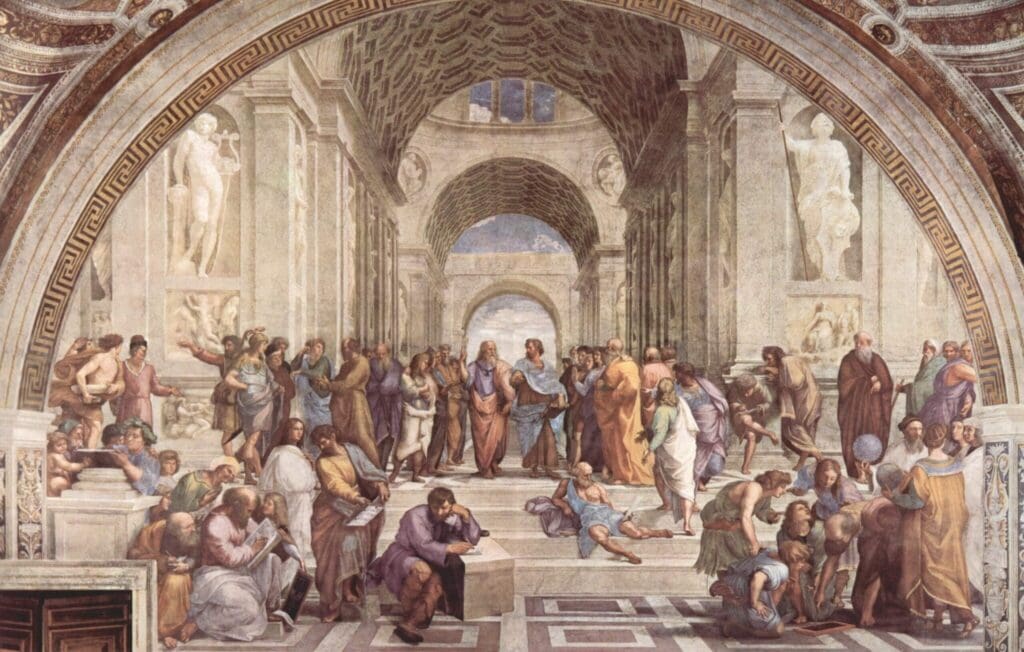
Many facets of contemporary Western culture bear traces of ancient Greece. Greeks were innovators in philosophy, science, and math, and their concepts still impact how we view the world today. Greeks were expert sculptors and builders who produced some of history’s most recognizable monuments, including the Parthenon in Athens and the Zeus statue at Olympia.
Conclusion
In conclusion, ancient Greece first emerged in the Neolithic era, when tiny, autonomous communities started trading. These groups eventually evolved into the city-states that were the hallmark of ancient Greece and more advanced societies like the Minoans and Mycenaeans. Despite their differences, the city-states shared a common history and culture, and many aspects of contemporary Western culture bear witness to this legacy. The fascinating history of ancient Greece is replete with victories, setbacks, and lasting contributions that still impact the world today.
